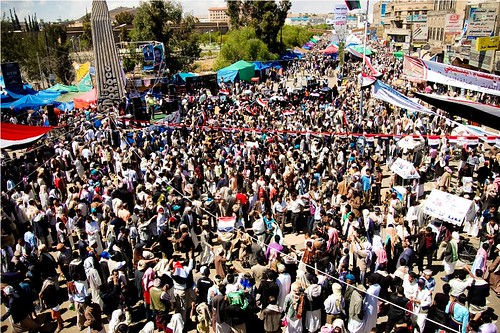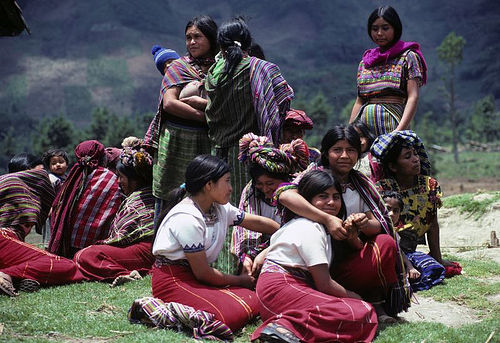Labeling a person according to her gender highlights difference—really, ongoing hierarchies of power. Two recent incidents, both referencing sub-Saharan Africa, insert ‘women’ (as social category) into the world of universal jurisdiction.
In South Africa, sexualized violence in Zimbabwe is under investigation thanks to the logic of universal jurisdiction: mass rape, defined as a crime against humanity, can be tried anywhere. Members of Robert Mugabe’s ZANU-PF allegedly committed the election-based violence in 2008. And the case, according to the director of Women under Siege, is nothing short of “groundbreaking.”
Further afield, the Netherlands has sentenced a Rwandan woman, now Dutch citizen, to over six years in prison for inciting genocide in her home country. This case is the first post-WWII genocide conviction in a Dutch court, far removed from the scene of the crimes. It also involves a woman; and very few women have been subject to universal jurisdiction.
There’s another noteworthy detail to the Dutch story. Yvonne Besabya, who was found guilty, is described as “the wealthy Hutu wife of a Rwandan lawmaker, who used her influence” to provoke violence. In troubling irony, Besabya’s own power—linked to her subsumed status as wife—may have kept her from perpetrating, not just inciting, genocide.
Women as objects of abuse and perpetrators of violence; as international jurists and human rights scholars, activists and mothers, peacemakers and troublemakers. The stories we tell of universal jurisdiction are no less gendered than the violence we commit and oppose.




























![deportation airline [us-style] by noborder network](https://i0.wp.com/farm4.staticflickr.com/3060/2951920765_e6447acb55.jpg)

















